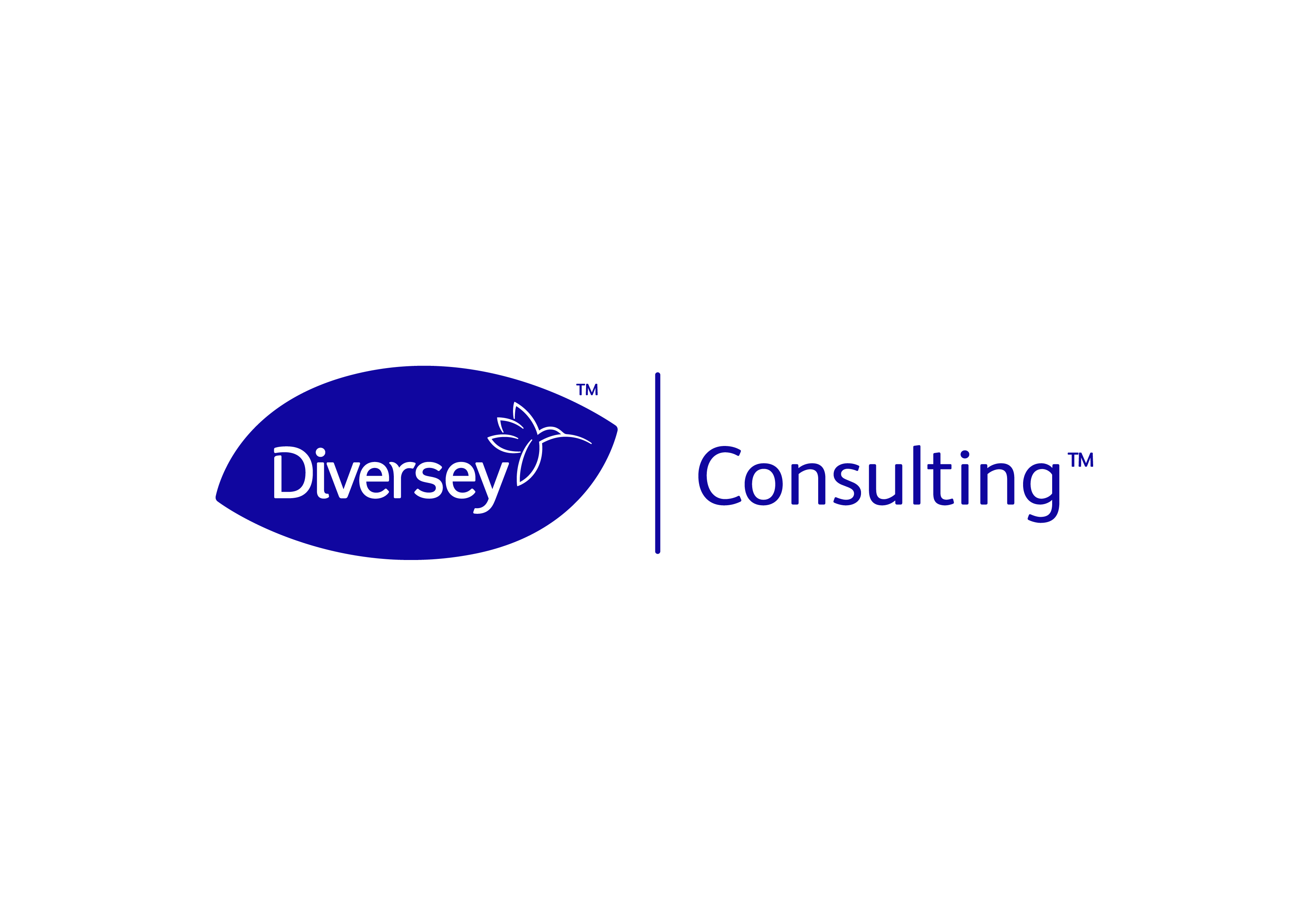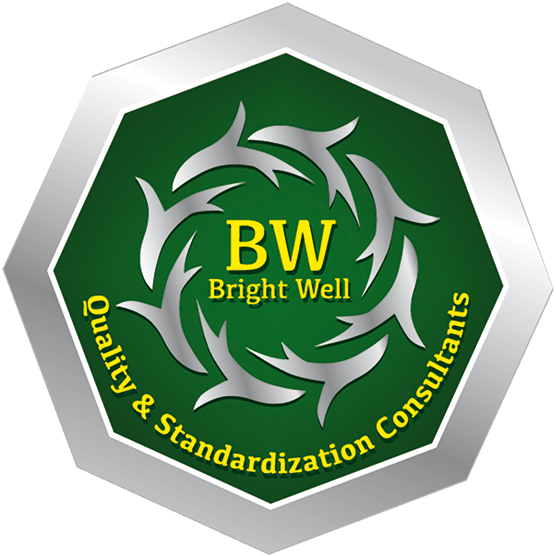The FSSC (Food Safety System Certification) Lead Auditor training is designed to provide participants with the knowledge and skills necessary to effectively audit food safety management systems based on the FSSC 22000 standard.

The FSSC (Food Safety System Certification) Lead Auditor training is designed to provide participants with the knowledge and skills necessary to effectively audit food safety management systems based on the FSSC 22000 standard.
FSSC 22000 is a globally recognized certification scheme for food safety management systems, incorporating ISO 22000 and additional requirements for prerequisite programs (PRPs) and food safety management system (FSMS) requirements.
During the FSSC Lead Auditor training, participants typically learn about:
1. FSSC 22000 standard requirements: Understanding the structure, scope, and key components of the FSSC 22000 standard, including its relationship with ISO 22000 and applicable PRPs.
2. Audit principles and techniques: Learning audit methodologies, techniques, and best practices for planning, conducting, and reporting audits effectively.
3. Audit planning and preparation: Understanding the importance of audit planning, including defining audit objectives, scope, criteria, and developing audit plans and checklists.
4. Audit execution: Conducting on-site audits, interviewing personnel, collecting evidence, and assessing compliance with FSSC 22000 requirements.
5. Audit reporting and follow-up: Documenting audit findings, preparing audit reports, and communicating results to relevant stakeholders. Additionally, understanding the follow-up process for addressing non-conformities and verifying corrective actions.
6. Auditor competencies and skills: Developing the competencies and skills required to be an effective lead auditor, including communication, interviewing, observation, and report writing.
7. Audit team management: Understanding the roles and responsibilities of lead auditors in managing audit teams, coordinating activities, and ensuring effective collaboration among team members.
8. Continuous improvement: Emphasizing the importance of continual improvement in food safety management systems and the role of audits in driving ongoing enhancements.
The FSSC Lead Auditor training is typically conducted by accredited training organizations and may include theoretical instruction, practical exercises, case studies, and assessments to evaluate participants' understanding and competency.
Upon successful completion of the training and passing the relevant examination, participants may be eligible for certification as FSSC Lead Auditors, enabling them to conduct audits and assess compliance with FSSC 22000 requirements within food manufacturing and processing organizations and their supply chains.
KBS provides training courses to help you demonstrate your competence and develop your career in Management system Auditing and associated areas.
KBS Certification has started its operations for Training Services (Awareness Trainings, Internal Auditor Trainings) since its inception in 2005 and now is an approved training partner from CQI|IRCA for Lead Auditor Courses as well.
KBS is known for its Quality Services in time, maintaining total impartiality and confidentiality in its operation with Highly Competent Trainers.
At KBS, the training courses which we have designed have undergone rigorous Curriculum design and development process. Our method of training emphasizes on practical learning under our tutors’ guidance to enable you to apply new knowledge and skills that you can use in your own organization post trainings.
Each course and the sessions have its own learning objectives. It allows the participants to know exactly what to expect and what needs to be achieved.
Participants are encouraged to be actively involved in every activity for an interactive learning experience.
Our Personnel Certification programme will be helpful to the participants in gaining a confidence that they could perform well from their roles.
KBS delivers range of trainings but not only limited to following management systems codes.
KBS offers a wide range of training courses which include Basic level, Internal Auditor level, Lead Implementer (Advanced level), and Lead Auditor Level Programmes as to enhance the delegates learning experience and to help them to achieve a better level of understanding.
(Institute Review)
55 years ago(Institute Review)
55 years ago
Intermediate Food Hygiene training is a qualification aimed at supervisors, team leaders, line managers working in the Food industries. The qualification is also suitable for those owning/managing smaller food businesses.

This training is aimed at supervisory personnel who are supervising food safety. It is ideal for all HACCP team members or anyone who is inspecting food premises and also training food handlers internally.

Nominating a PIC Person in charge on sites to ensure that all the hygienic measures as per Dubai municipality been applied. And sectors shall nominate a PIC is manufacturing sites, catering companies, hypermarkets, Hotels, restaurant chains,

Upon successful completion, you will receive 'basic food hygiene training certificate' along with the Attestation letter from Dubai Municipality. This is a mandatory training for all food handlers in Dubai. It is designed for the stewarding

This program is designed for low-risk food handlers and it is mandatory training. It is designed for those with a responsibility for food handling not included in manufacturing or production. It generally includes food handlers like food Sta
© 2025 www.coursetakers.ae All Rights Reserved. Terms and Conditions of use | Privacy Policy